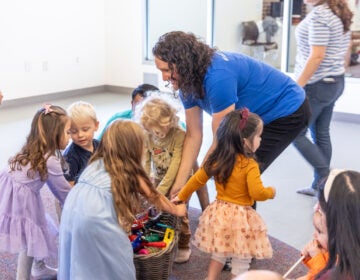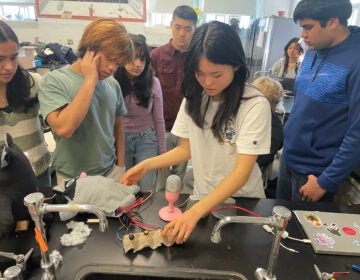Students fear controversial move could be the final act for prestigious N.J. choir college
Students at Westminster Choir College worry an address change will mean the end, with nine months to move, and no shovels in the ground.
Listen 4:29
Williamson Hall at Westminster Choir College in Princeton, New Jersey. (Ximena Conde/WHYY)
A small, 23-acre choir school in Princeton, with an outsized legacy in the music world, is fighting for its very soul. At least, that’s how dozens of Westminster Choir College students see it.
Some 70 students have filed a lawsuit to stop a controversial plan to move the choir college next fall to the main campus of its parent, Rider University. They claim a hastily-planned move has put the future of their education at risk.
“I decided on Westminster because of this sort of community where you eat and sleep and breathe and make music together,” said Jordan Klotz, a freshman double major in sacred music and education, one of the students suing Rider to block the move.
That culture is driven by a focus on choral music. Everyone, regardless of major, sings in choirs divided by grade.
“You sort of matriculate through the years with your class, singing with them year after year,” Klotz said.
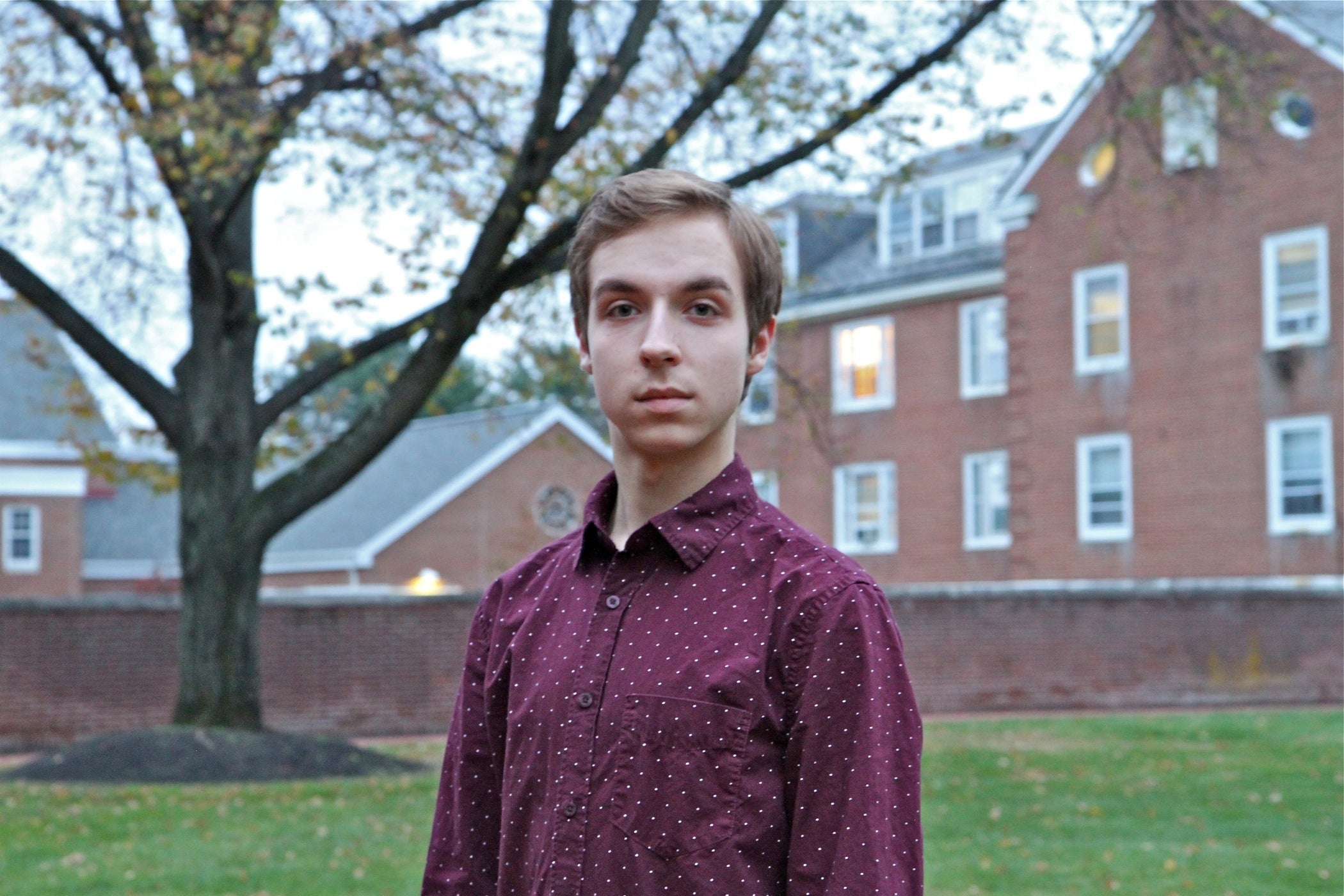
Walking across the campus, the sound of singing pours out from classroom windows and the campus chapel. The student dorms are outfitted with pianos and organs, so students are never far from a place to practice or make music together.
The talented and tight-knit student body, along with the campus’ proximity to Philadelphia and New York City, have helped fuel a century of success.
Westminster Choir singers made up the ethereal choir that sang Franz Schubert’s “Ave Maria” in Disney’s “Fantasia”. The school is also one of two higher learning institutions to be inducted in the American Classical Music Hall of Fame — The Juilliard School in New York City is the other. The Westminster Choir is frequently sought out to perform with musical titans like the New York Philharmonic and the Philadelphia Orchestra.
The college’s alumni include illustrious figures like Yannick Nézet-Séguin, music director of the Philadelphia Orchestra and the Metropolitan Opera.
“If you ask anyone in the world of choral music, ‘who is influential?’ They’ll say Westminster,” explained senior Max Brey, who said the school’s impact goes beyond its discography.
Westminster is known for graduating many of the country’s church choir conductors, organists and music teachers.
But students like Klotz said maintaining that legacy and ‘conservatory feel’ are at risk because of the school’s “rushed” plans to move the choir campus to Lawrenceville next fall.
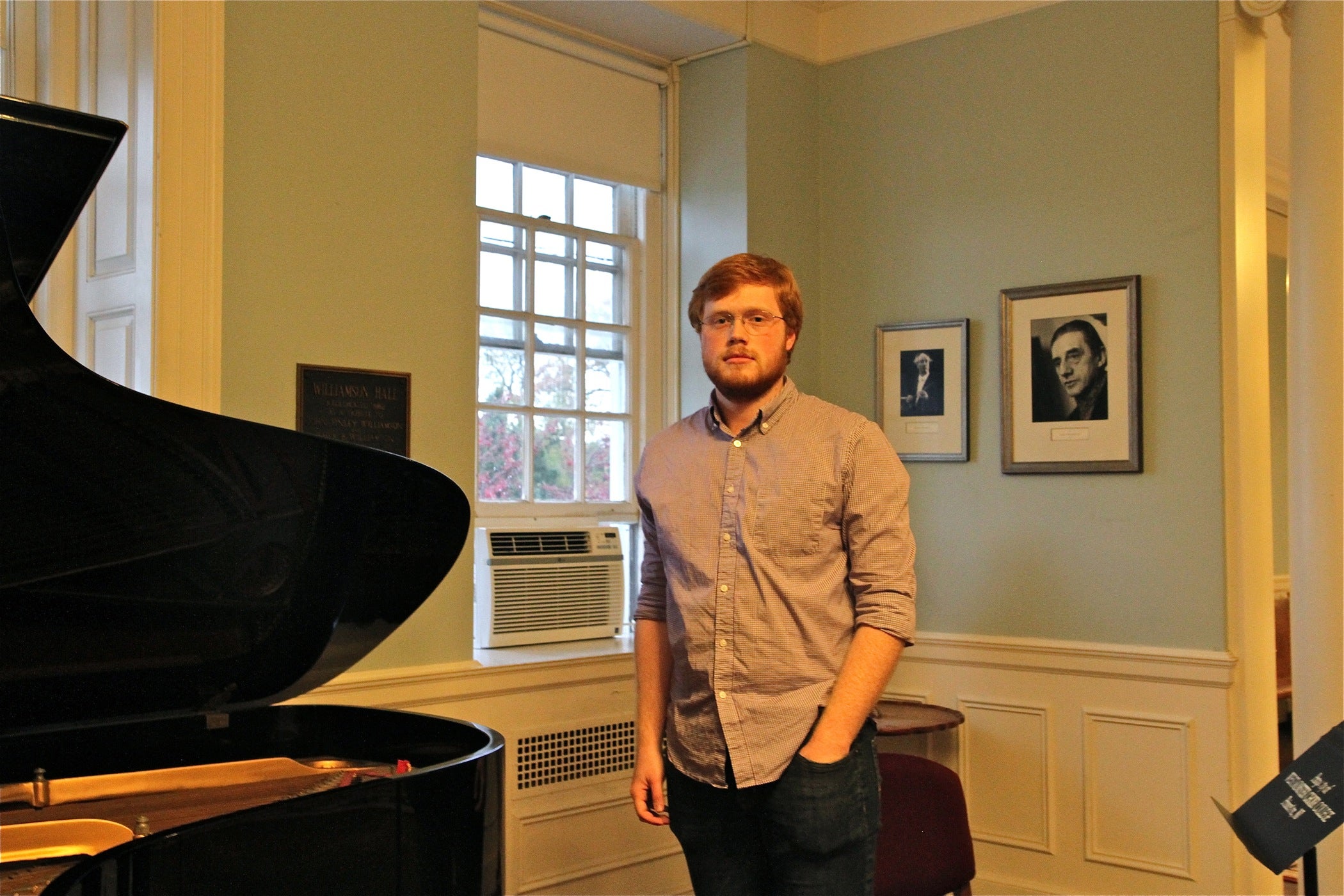
‘A very expensive operation to run’
In the 1990s, Westminster almost closed its doors due to high debt and declining enrollment.
Less than 10 miles away in Lawrenceville, Rider College was looking to earn university status.
The two schools merged in 1992, but remained separate campuses. Westminster students who wanted more of a liberal arts college experience could take classes in Lawrenceville.
The union was peaceful for two decades, until Rider began experiencing its own financial difficulties.
Since 2016, Rider has mulled closing or selling Westminster.
This summer, after a sale to a Chinese company fell through, Rider said it would move choir students to its Westminster College of the Arts building in Lawrenceville by next fall to cut costs.
“As a school of music, it is a very expensive operation to run. That expense is increased by the fact it’s a stand-alone campus of Rider University,” said College of the Arts Dean Marshall Onofrio.
When thinking about Rider’s finances, the university can’t think of Westminster as a separate entity, said Onofrio.
Even though Westminster has exceeded its annual giving goals for the past two years, Onofrio said Rider picks up the tab of running the college.
“Westminster Choir College is funded by Rider University,” he explained. “They are not separate. We have a separate budget system because we’re a separate college — so does the College of Business, so does the College of Education and Human Resources — but the budget comes from Rider University.”
He said donations are often intended and used for scholarships. “You cannot use [these donations] to attack an over $9 million deferred maintenance budget. You can’t use them to pay the bills.”
The move, according to Onofrio, is also supposed to make inter- and multi-disciplinary degrees more available to Westminster students who want them. It also helps the university hedge any future enrollment declines as fewer students seek higher education.
The choir college’s median enrollment has historically hovered over 400 students, according to Onofrio. Rider’s website placed enrollment for this academic year is just above 300 undergraduate and graduate students. The lawsuit filed by current Westminster students claims enrollment has dropped largely because it’s future under Rider remains uncertain.
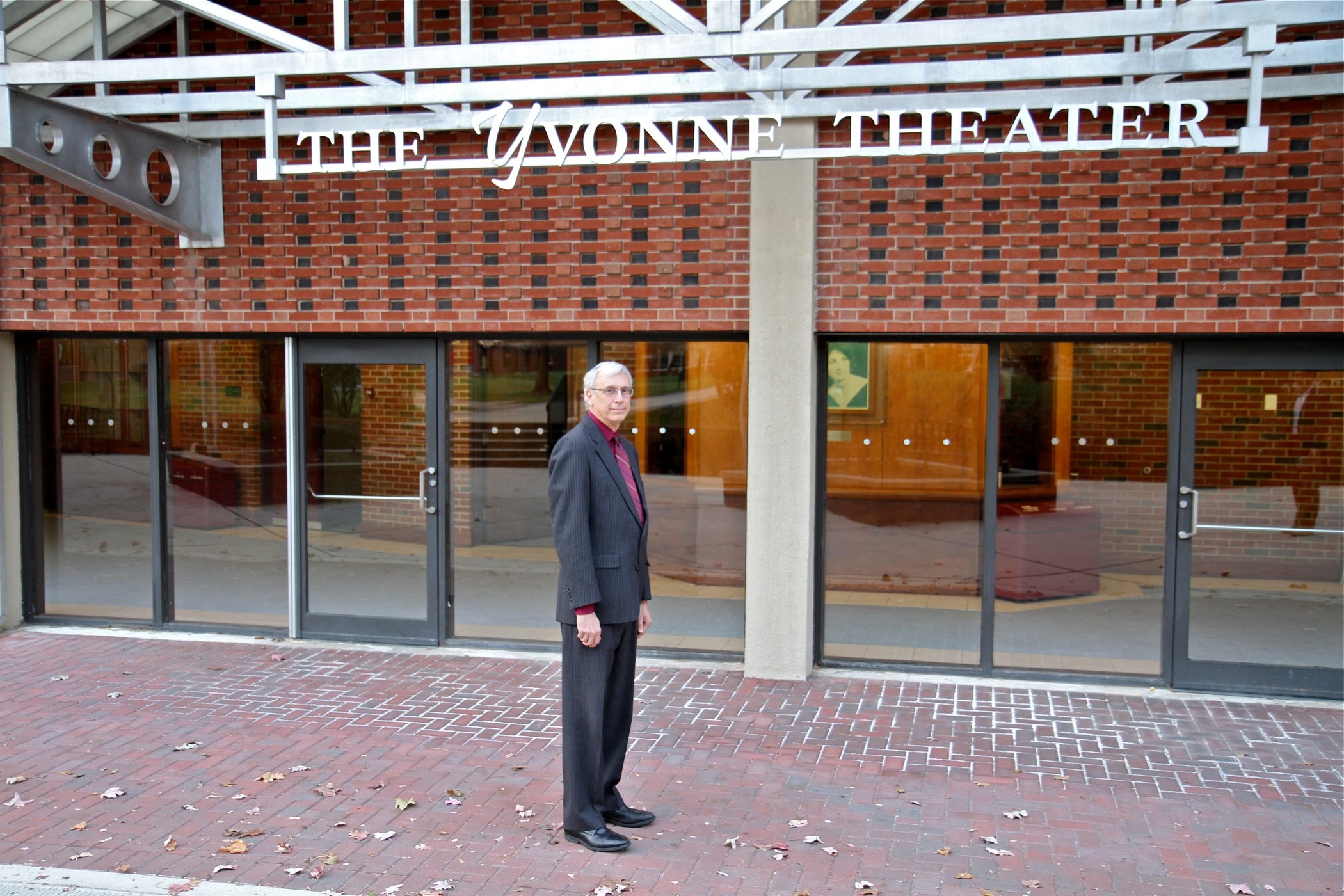
Students fear a money grab
Still, a widespread feeling among faculty, students and alumni is that the plan has little to do with preserving Westminster, but is rather about the potential millions a sale of the Princeton campus could bring to Rider’s coffers. Back in 1993, the land was appraised at $20 million.
“It makes me think that they see Westminster Choir College as a way to bulk up the larger university finances,” Klotz explained.
The lawsuit students filed against Rider claims the university has acted under the belief it can sell Westminster’s Princeton campus without dedicating all the proceeds to the choir college.
Many students and alumni worry Rider will let Westminster enrollment drop and slowly close it if it can’t keep the proceeds of selling the Princeton campus.
Onofrio said school officials are hosting meetings with stakeholders and sending updates every two weeks to keep them abreast of the move.
Shortly after February, the university will seek land-use approvals for construction on a three-story addition to the university’s fine arts building, which will accommodate incoming Westminster students, a Rider spokesperson said. More than 30 rehearsal rooms will also be built.
Onofrio insisted fears of closure are unsubstantiated.
“Why would we go to the trouble of moving and building only to try to close it? The option to close it could have happened in June and the board voted ‘no,’” he said. “They voted let’s move it, let’s keep it, let’s enhance it.”
The courts will ultimately decide whether Rider or Westminster gets to keep the proceeds of the land sale.
In addition to the lawsuit brought by students in October, Rider also faces legal challenges from alumni as well as a third suit by the Princeton Theological Seminary.
The seminary’s relationship to Westminster goes back to the establishment of the choir college in Princeton.
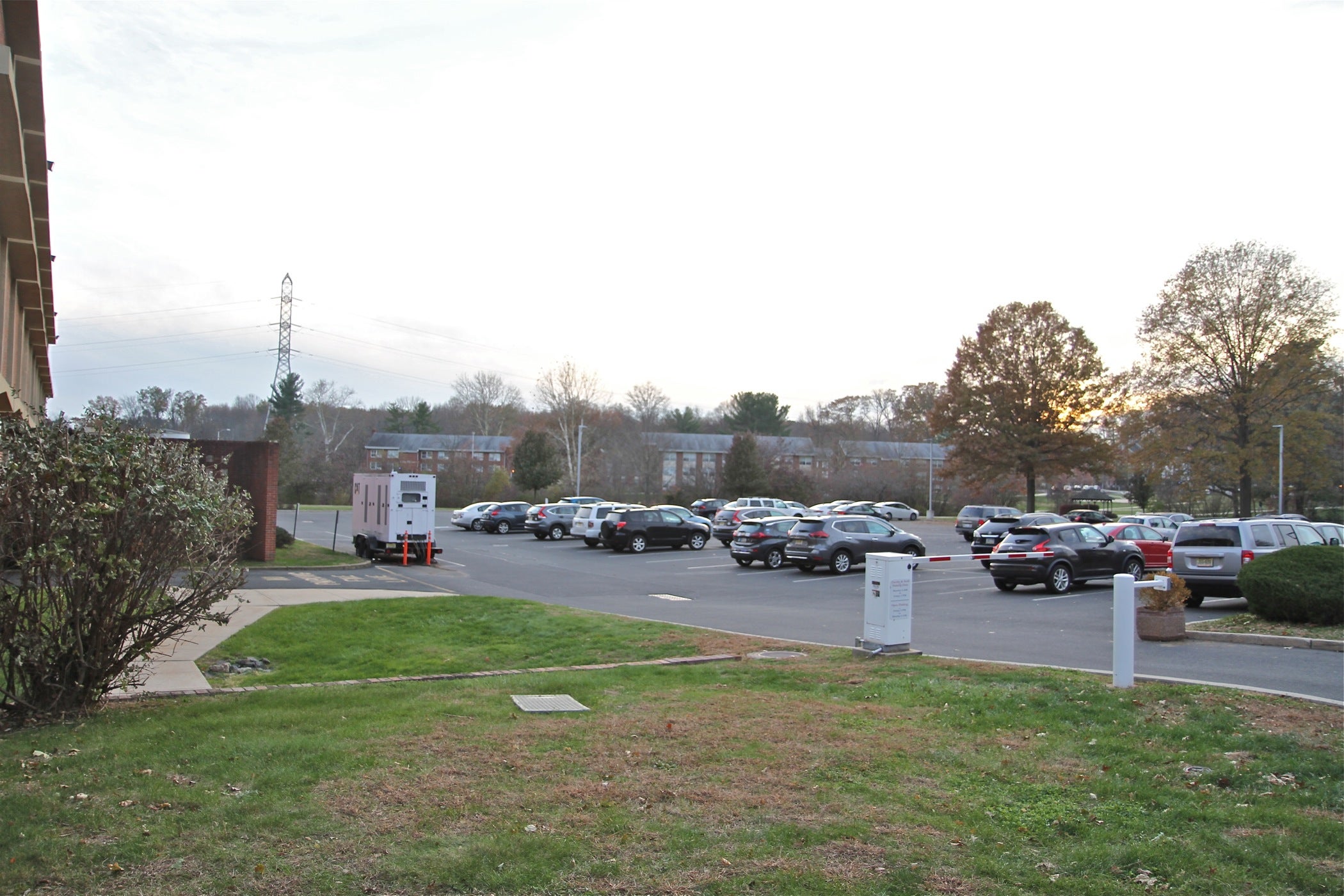
In the 1930s, Sophia Strong Taylor donated the land and buildings Westminster now operates on. The gift was made on the condition the choir college continue to train “ministers of music.” If Westminster were to close or the mission changed, the land is supposed to go to the seminary — a stipulation that still applies, according to the seminary.
No matter what the courts decide, Onofrio said Rider is investing in new rehearsal and performance facilities for Westminster students right now. A spokesman for Rider said the total investment for the consolidation will be $20 million.
Onofrio insisted the campus will be ready by September. The Lawrenceville zoning board said the school does not have any permits on file for building renovations or construction. A Rider spokesman said the university plans to file for permits in January.
Still, the fact construction still hasn’t started is a red flag to Klotz, who is accustomed to having about 100 rehearsal rooms at his disposal and a chapel that can fit choirs of dozens of singers.
But Klotz hopes he’s wrong because, while there are many colleges and universities with excellent choir programs, the Westminster environment is one of a kind — something he says he knew the minute he stepped onto the campus for the first time as a high school student.
“As a community, I think we would try really hard to recreate what we have here under the circumstances over there, no matter what they are,” Klotz said. “I just don’t know how successful we could be.”
WHYY is your source for fact-based, in-depth journalism and information. As a nonprofit organization, we rely on financial support from readers like you. Please give today.


